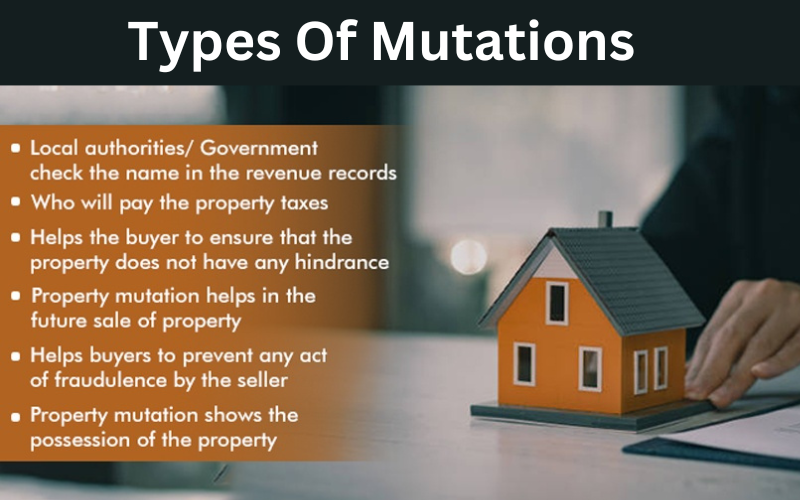Understanding the difference between heirship and ownership is crucial for anyone dealing with property inheritance in Pakistan. While both terms are often used interchangeably in casual conversations, they have distinct legal meanings under Pakistani property law. This article explains the difference between an heir (waris) and a registered owner, highlights relevant laws, and outlines the steps required to legally transfer property ownership after inheritance.
What Is Heirship?
Heirship refers to the legal status of a person who is entitled to inherit property after the death of a relative. In Pakistan, heirship is governed by a combination of:
- Islamic inheritance principles (Shariah law) for Muslims
- Succession Act, 1925 for non-Muslims
A legal heir is someone who has a lawful claim to a deceased person’s estate but does not automatically become the owner of the property unless specific legal formalities are completed, such as mutation of property or obtaining a succession certificate.
What Is Ownership?
Ownership refers to the legal right to possess, use, and transfer a property. A property owner is someone whose name is officially recorded in government land revenue records, such as:
- Fard (Record of Rights)
- Mutation Register
- Title Deed or Sale Deed
Ownership gives the right to sell, gift, lease, mortgage, or transfer the property. It is a formal recognition by the state, and without it, legal heirs cannot exercise full proprietary rights.
Key Differences Between Heirship and Ownership
| Aspect | Heirship | Ownership |
| Definition | Right to inherit property | Legal title to the property |
| Legal Document | Succession Certificate | Mutation/Transfer deed |
| Authority to Sell | No | Yes |
| Recognized by State | No (initially) | Yes |
| Transferable Rights | Limited until mutation | Full proprietary rights |
| Relies on Court Process? | Often, for certificate | Yes, for transfer via mutation |
| Example | A son of deceased property owner | A person with name in land registry |
Legal Implications of Heirship Without Ownership
One of the biggest misconceptions in Pakistan is that becoming a legal heir gives you automatic ownership. In reality:
- Heirs must mutate the property in their names through the local land revenue office or development authority.
- Until mutation is completed, the deceased person is still the registered owner in official records.
- Legal heirs cannot legally sell or lease the property.
This gap leads to legal disputes, especially in urban areas and among joint families.
Mutation Process and Legal Transfer of Ownership

To legally convert heirship into ownership, the following steps are typically required:
1. Obtain a Succession Certificate (If Required)
Issued by a civil court under the Succession Act, 1925, this certificate confirms who the legal heirs are. It’s especially required for movable assets like bank accounts.
2. File for Mutation of Property
The process includes:
- Application to the Tehsildar/Patwari or concerned land department
- CNICs and death certificate of the deceased
- Fard (ownership document)
- Statement of heirs and witnesses
Once verified, the property is mutated in the names of the heirs, officially making them owners.
Common Issues and Legal Disputes

- Delay in mutation often results in property grabbing by relatives.
- Joint heirship without partition creates conflicts over possession.
- Fake heirs may try to get illegal mutations if proper succession records are not maintained.
These issues make it essential to promptly update property ownership after a family member’s death.
Case Study: Inherited Land Without Mutation
Scenario:
Ahmed’s father passed away, leaving behind a 10-marla plot in Lahore. Ahmed assumed he was the owner as the only son. Years later, he tried to sell the plot, only to find it still listed under his late father’s name.
Outcome:
Ahmed had to:
- Get a succession certificate
- Apply for mutation
- Wait for verification from revenue staff
Only after these steps was he legally able to transfer ownership and sell the property.
Final Words & Legal Disclaimer
The difference between heirship and ownership in Pakistan lies at the heart of many property-related issues. While heirship gives you a right to claim, only ownership provides the right to control, transfer, and benefit from the property.
For your specific case, it is strongly recommended to consult a property lawyer or visit the local land revenue office for guidance, especially if the estate involves multiple heirs or disputed claims.
Disclaimer: This article is for informational purposes only and does not constitute legal advice. Please consult a qualified legal professional for case-specific guidance.



Leave a Reply